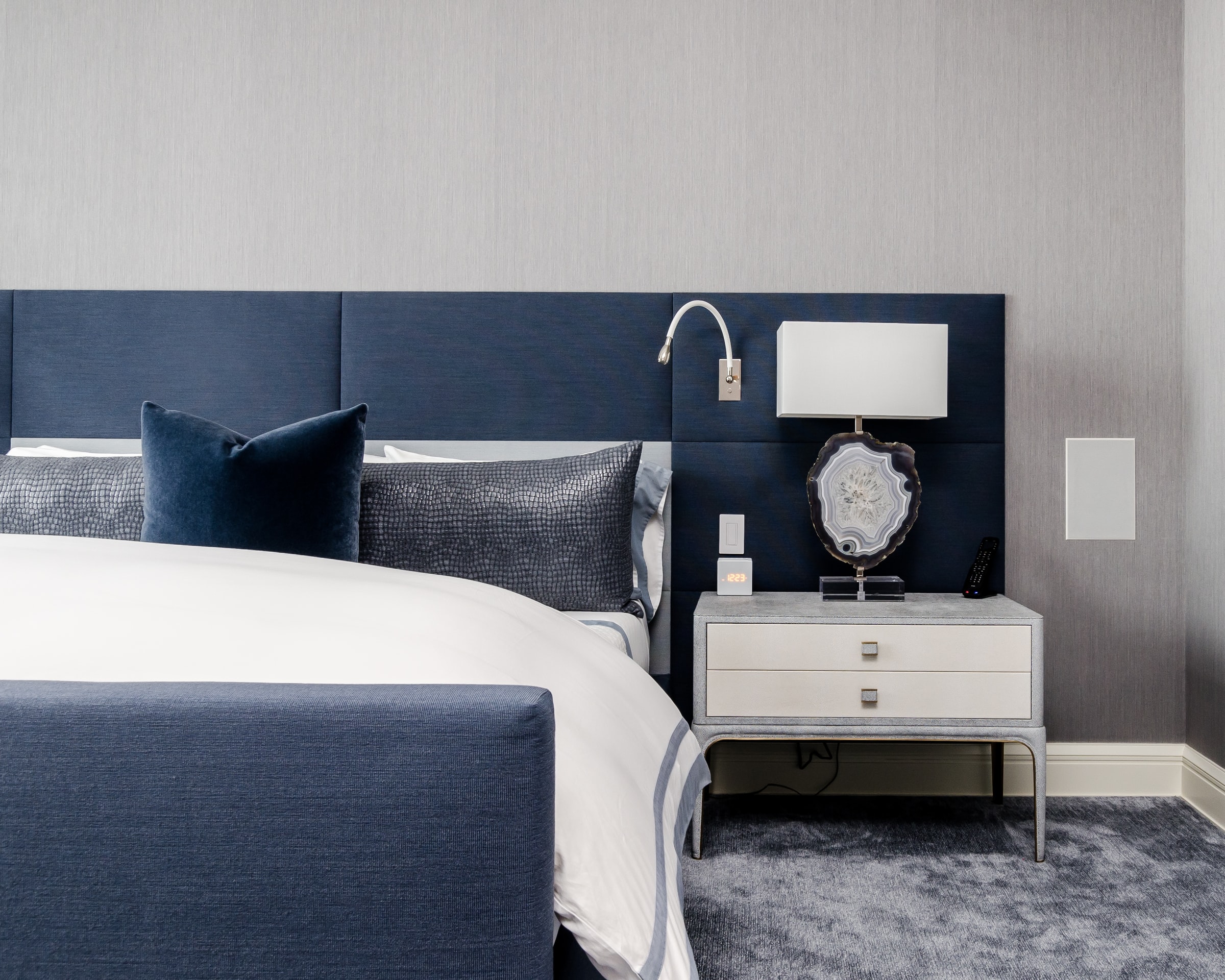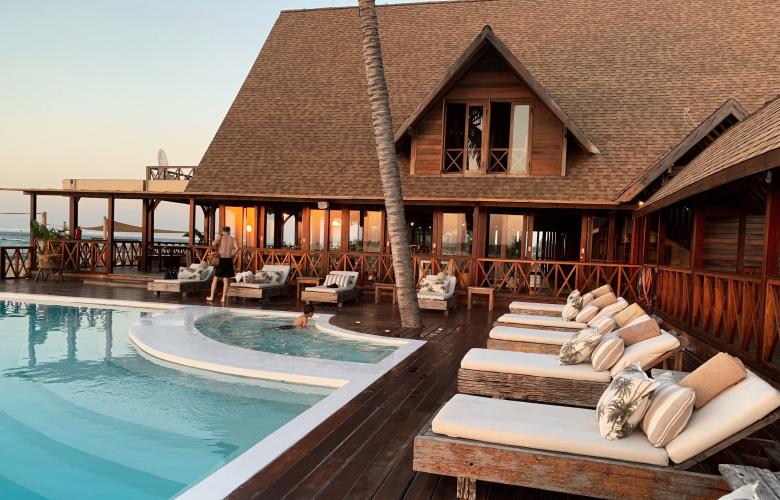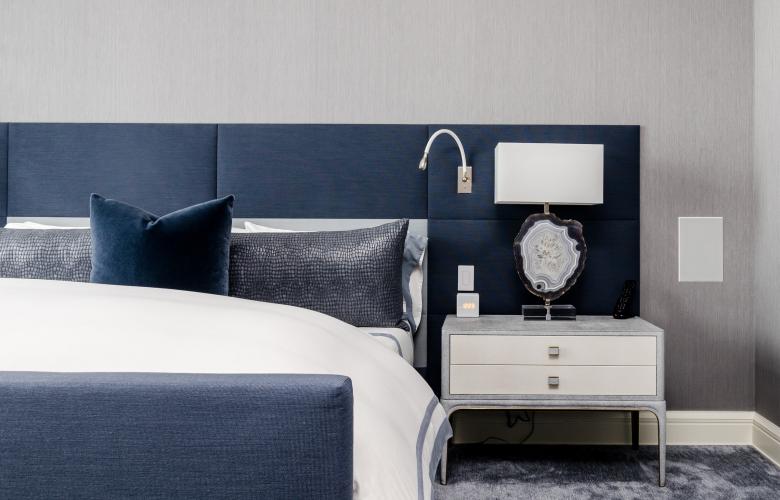Reputation, Customer Service and Unique Experiences: How to Outperform and Outcompete Against Airbnb
Contact
Reputation, Customer Service and Unique Experiences: How to Outperform and Outcompete Against Airbnb
Tracy Dong, Principal Industry Consultant at IDeaS, explores the question: How should hotels look to compete with the short-term accommodation booking platform, Airbnb moving forward?
Airbnb continues to disrupt the accommodation landscape. The platform’s rapid growth since its inception in 2008 has seen it become a dominant player in the short-term accommodation rental space, where it’s estimated that one in every six people over the age of 18 (in Australia alone) have downloaded the Airbnb app and established an account.
The popularity of Airbnb amongst travellers forced hotels to reevaluate who and what they view as competition and develop strategies to address a loss in business to the sharing economy vacation rental space.
Hotels have historically struggled to match Airbnb's lower price points due to their higher operating costs – particularly in major tourist destinations where the price of commercial real estate and operating costs are significant. Additionally, while hotels strive to provide excellent customer service, some properties have struggled to match the personalised experiences that local Airbnb hosts can offer.
However, while Airbnb continues to attract high volumes of guests, there have been recent reports of a downward trend in the platform’s booking demand. Airbnb recently announced that it expected fewer bookings and lower average daily rates moving forward in 2023, with some short-term accommodation hosts having already reported that their bookings have dropped by a third compared to 2022.
In addition to the cost-of-living pressures impacting the entire travel market, once loyal Airbnb users also appear to be turning away from the platform. With rising prices, security and privacy concerns, and onerous rules set by hosts – such as strict cleaning rules coupled with additional cleaning fees – the Airbnb experience has become more hassle than it’s worth for many travellers.
Given the changing market conditions and consumer sentiment towards Airbnb, how should hotels look to compete with the short-term accommodation booking platform moving forward?

Promote seamless professional services vs. DIY experiences
To compete with vacation rental accommodation rivals like Airbnb, hotels should avoid trying to compete on price alone and instead focus on maintaining unparalleled service levels with a strong brand focus. Every guest that walks through the door needs to understand what makes that property and brand different and unique in the market. If hoteliers do not effectively emphasise their property’s unique value, they are vulnerable to potential guests comparing their property prices against their competition – even if their product delivers a higher value.
Airbnb's initial allure lay in its promise of providing a more ‘authentic’ and local experience. However, as the platform grew, so did its complexities and variations in accommodation provider standards and user experiences. Guests began to miss the amenities and services that hotels effortlessly provide, such as premium room amenities, 24/7 room service, concierge assistance, and daily housekeeping. These seamless experiences offered by hotels are increasingly seen as a valuable asset by modern travellers seeking a hassle-free stay and should feature prominently in sales and marketing activities.
Hotel chains also have long-established reputations, stringent security protocols, and reliable standards, which can provide guests with peace-of-mind during their stay. Recent incidents involving privacy issues and trust violations in some Airbnb properties have prompted travellers to reconsider the stability and consistency offered by hotels.
Avoid discounting to prevent long-term difficulties
Discounting to stimulate demand from any loss of business related to Airbnb can have negative long-term consequences for hotels. Consumer behaviour research has shown that guests establish a reference price for a product or service that is based on previous experience, and they use this reference price to evaluate whether a future price is reasonable or fair. The more often hotel room rates are discounted, the more likely the discounted rate will impact the brand perception and turn into the reference price. The overuse of incentives to attract guests can also lower the public perception of a property, turning away higher-paying customers who are attracted to a hotel for its reputation or prestige.

Understand market segmentation to attract the right guests
To maximise revenues in a competitive environment, it is vital that hoteliers gain an in-depth understanding of their business mix to deliver value to their target market segments and attract bookings. Hotels operate at an advantage in this area over Airbnbs as they typically have more inventory than a single Airbnb unit and have the data scale (a sizeable dataset) to make more concrete conclusions and observations about their market segments and guest profiles.
By understanding their business mix, hoteliers can analyse customer behaviour such as booking pace, length-of-stay and room-type preference so their sales and marketing strategy can be targeted to promote value to different target markets.
To be positioned for success today, hoteliers must also ensure their reservations team is also fully aware of the value their products offer and can confidently sell these products to potential guests. Hoteliers also need to ensure their products are showcased on their various booking channels to highlight the clear value and experiential differentiators they bring to the market.
Plan ahead for exceptional (yet lean) customer service
One of the main competitive advantages that many hotels have over sharing economy lodging options is their capability of providing comprehensive customer service and enhanced guest facilities, which includes round-the-clock room service, daily housekeeping and security. It is therefore essential that hotels are properly staffed at all times to maximise guest experiences. However, while no hotelier wants to be caught short-staffed and face disgruntled guests who are dissatisfied with long wait times, it is also important to avoid overstaffing and the costs that come with it. The operational focus needs to be on maximising the guest experience, while keeping labour costs at efficient levels.
Accurate demand forecasting should be at the foundation of optimal labour scheduling. Through an integration of forecasts across a hotel’s operations, hoteliers can use the forecast data provided to inform their staffing decisions and account for periods of higher or lower demand. Staffing managers can use this information to determine which areas are most affected by the occupancy levels at the hotel. For example, how will high or low occupancy affect housekeeping needs, the staff needed for the front desk, and the servers needed in the restaurant? If not already accounted for, arrival and departure patterns should be incorporated into staff scheduling plans to ensure staffing levels are optimised for times when guest needs are at their peak.
To ensure that management is aware of guest sentiment in real-time, hoteliers also need to monitor what is being said about their hotel online and act where appropriate. For example, if feedback on social media is that the check-in process was painfully slow, the operations team at that hotel can provide a resolution to create a better guest experience.

Position your property for success
Although Airbnb is forecasting lower levels of business going forward, the short-term accommodation booking platform still poses serious competition to hoteliers in the APAC region. To compete and attract guests away from Airbnb accommodation providers, hoteliers need to understand what guests desire and market themselves on their own unique factors, such as unrivalled customer service and facilities, which differentiate their offering within an increasingly fragmented booking environment.
For more information on how your hotel can compete against Airbnb and other accommodation providers, please visit: www.ideas.com
Written by: Tracy Dong, Principal Industry Consultant, IDeaS
The views expressed in this article are an opinion only and readers should rely on their independent advice in relation to such matters.










